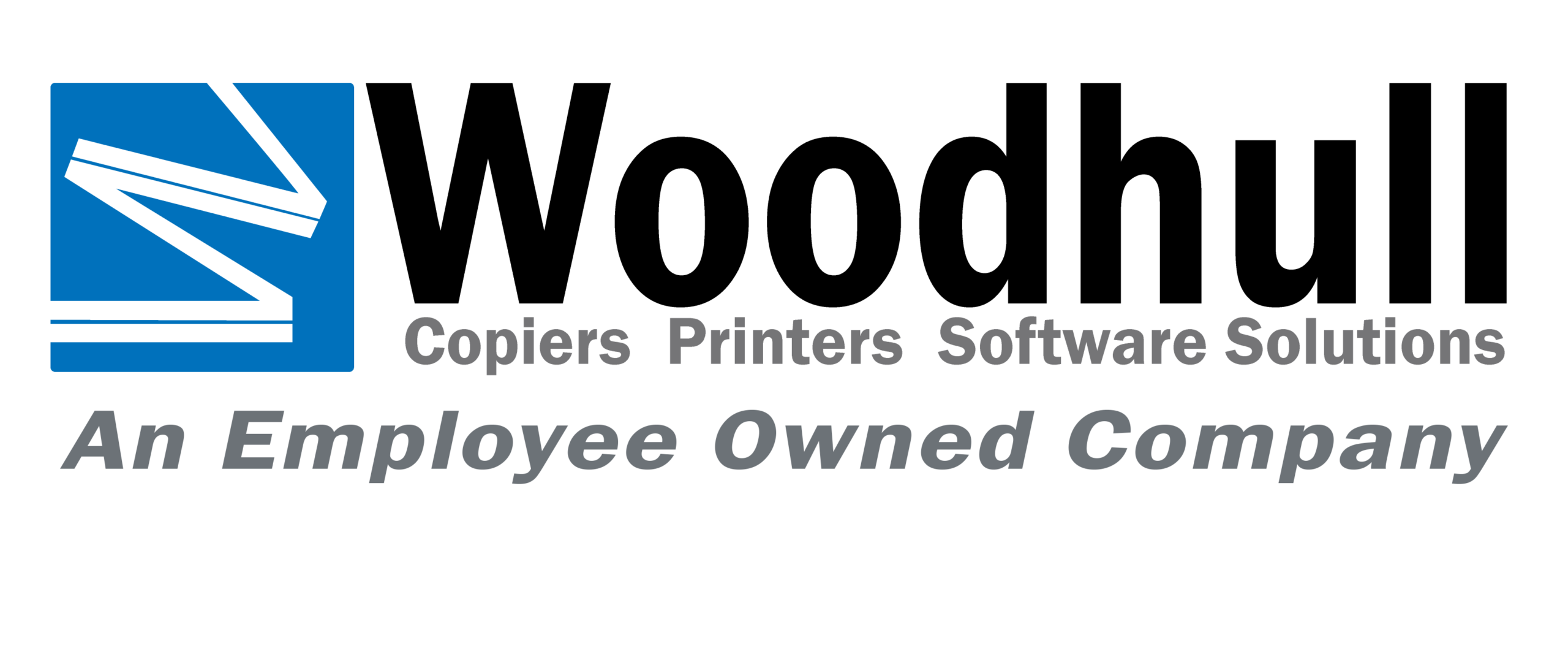In today’s fast-paced business world, efficiency is crucial. Your office copier, often overlooked, plays a vital role in daily operations. By optimizing copier workflows, you can save time, reduce costs, and improve overall productivity. This guide will walk you through five actionable steps to enhance your copier workflow and maximize efficiency.
#1. Assess Current Workflow
Identify Bottlenecks
Before making changes, it’s essential to understand where inefficiencies exist. Common bottlenecks include long wait times at the copier, frequent paper jams, or unclear printing protocols. Observing these issues can reveal areas needing improvement.
Analyze Usage Data
Modern copiers often come with built-in analytics tools. Use these to track usage patterns, identify peak hours, and pinpoint underutilized features. For example, if reports show excessive single-sided printing, you can adjust settings to default to duplex mode.
Gather Employee Feedback
Your employees are on the front lines of copier usage. Conduct surveys or hold focus groups to learn about their pain points and suggestions. Their insights can help prioritize changes that will have the most significant impact.
#2. Upgrade Your Copier Technology
Features to Look for in Modern Copiers
Investing in a new copier can transform your workflow. Look for features such as:
- Cloud connectivity for remote printing
- Touchscreen interfaces for intuitive operation
- Multifunction capabilities (print, scan, copy, and fax)
Choose Energy-Efficient Models
Energy-efficient copiers reduce operational costs and align with sustainability goals. Look for certifications like ENERGY STAR® to ensure your copier meets eco-friendly standards.
Leverage AI and Automation
Many modern copiers use AI to detect issues like paper jams or toner shortages before they occur. Automation features, such as scheduled maintenance reminders, can further minimize downtime.
#3. Implement Document Management Software
Benefits of Digital Document Workflows
Shifting from paper-based to digital workflows streamlines operations. Employees can quickly search and retrieve documents, reducing time spent on manual filing systems.
Cloud-Based Storage Integration
Integrate your copier with cloud-based storage platforms like Google Drive or Dropbox. This ensures secure access to documents from anywhere, fostering collaboration and flexibility.
Training Employees on New Systems
Transitioning to digital workflows requires proper training. Offer hands-on sessions and create user-friendly guides to help employees adapt smoothly.
#4. Establish Maintenance Routines
Importance of Regular Upkeep
Routine maintenance keeps your copier running efficiently. Schedule periodic checkups to clean components, replace worn parts, and update firmware.
Self-Help Troubleshooting Guides
Equip employees with basic troubleshooting knowledge. Simple issues like clearing paper jams or replacing toner can often be resolved without professional assistance.
Partner with Reliable Service Providers
Choose a service provider with a strong reputation for quality support. Look for providers who offer quick response times and transparent pricing.
#5. Streamline Print Policies
Define Clear Printing Guidelines
Establish rules to encourage efficient printing. Examples include:
- Defaulting to double-sided printing
- Limiting color printing to essential documents
Monitor Printing Behaviors
Use print management software to track usage and identify wasteful practices. Analytics can help enforce policies and highlight areas for improvement.
Promote a Paperless Culture
Encourage employees to adopt digital solutions over physical copies. Offer incentives for reducing paper usage and celebrate milestones toward a paperless office.
FAQs About Optimizing Copier Workflow
How can I identify inefficiencies in my copier workflow?
- Start by tracking copier usage data and gathering employee feedback to pinpoint recurring issues.
What features should I look for in a modern copier?
- Focus on cloud integration, multifunction capabilities, energy efficiency, and automation tools.
How does document management software improve efficiency?
- It eliminates the need for paper-based systems, making document retrieval faster and more convenient.
How often should I schedule copier maintenance?
- Schedule maintenance every three to six months to prevent issues and extend the machine’s lifespan.
What are some ways to reduce unnecessary printing?
- Set default printing options to duplex mode, monitor usage, and encourage digital alternatives.
How can I promote a paperless culture in my office?
- Leverage digital tools, provide training, and recognize employees who actively reduce paper usage.
Optimizing your copier workflow is a game-changer for productivity and cost-efficiency. By assessing your current processes, upgrading technology, implementing document management systems, maintaining equipment, and streamlining print policies, you can achieve a seamless and efficient workflow.
